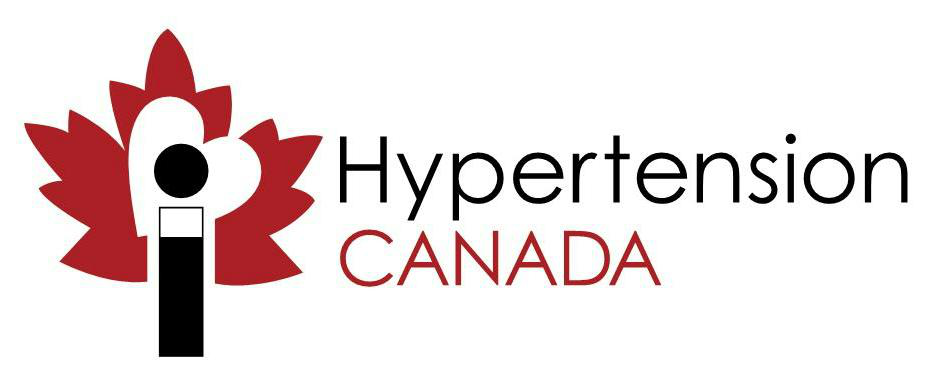A new study suggests that pharmacist-prescribing interventions could significantly improve blood pressure control in the United States, providing substantial economic benefits. Conducted over a 30-year horizon, the research, based on the Alberta Clinical Trial in Optimizing Hypertension (RxACTION), reveals that the pharmacist-led approach resulted in 2100 fewer cardiovascular disease cases and 8 fewer kidney disease cases per 10,000 patients compared to standard care.
The intervention, involving BP assessment, counseling, medication review, and prescribing, not only extended life years but also yielded cost savings of $10,162 per person. When scaled to the U.S. population with a 50% adoption rate, the pharmacist-prescribing strategy is estimated to save a staggering $1.137 trillion and preserve 30.2 million life years over three decades.
Despite demonstrating the potential for improved health outcomes and substantial cost savings, the study highlights reimbursement limitations as a barrier to the widespread implementation of pharmacist-prescribing interventions. The research underscores the urgent need for innovative solutions, particularly as hypertension-related mortality rates in the U.S. have been on the rise, emphasizing the role of pharmacists in improving healthcare access and outcomes. Click here to read more.


